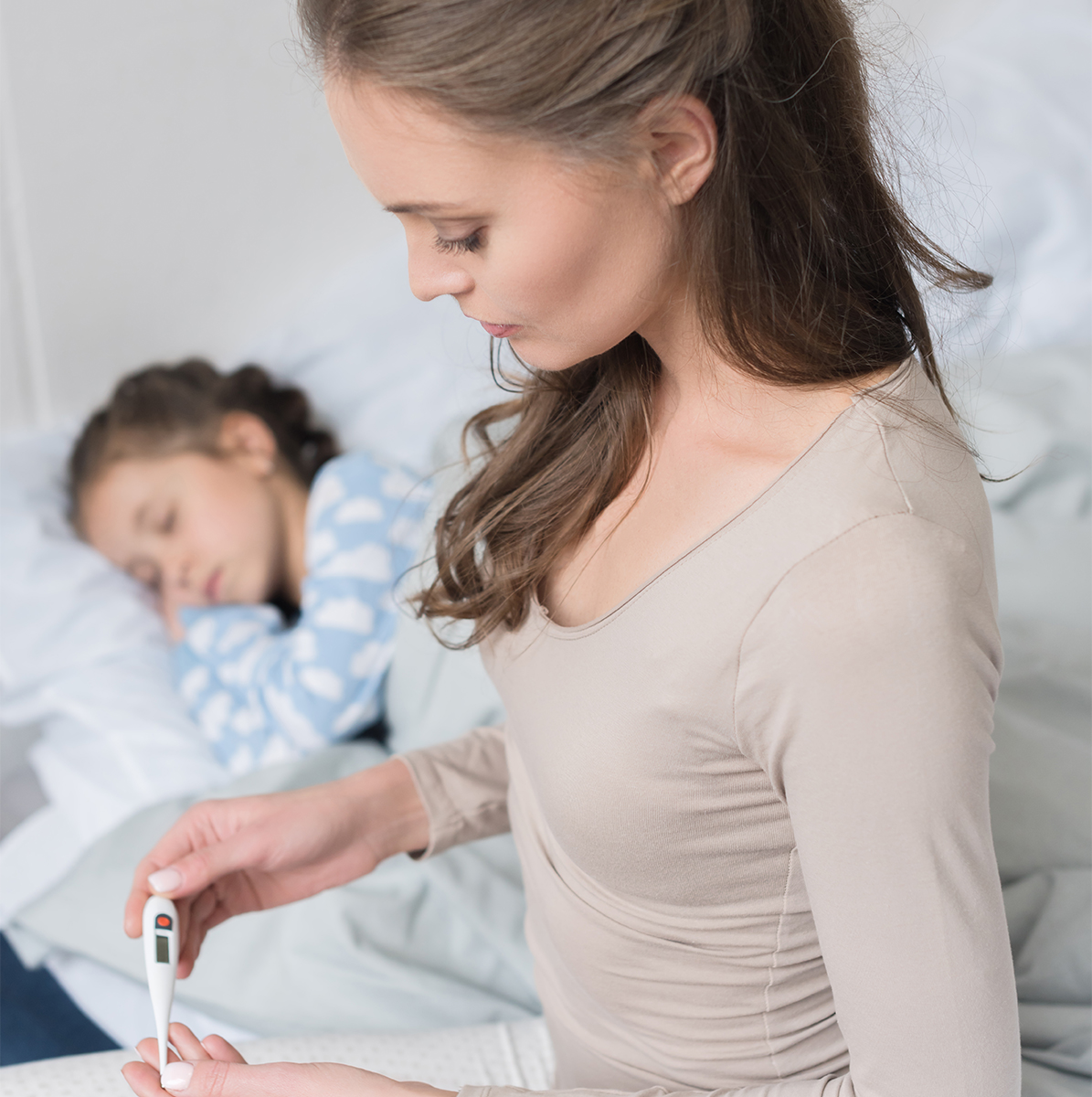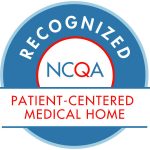Table of Contents
Click here to read the latest LPA updates regarding COVID-19
 As Coronavirus makes headlines and makes its way to the Mid-Atlantic, local families are understandably anxious. For most parents, the big concern is whether their kids are at risk for infection.
As Coronavirus makes headlines and makes its way to the Mid-Atlantic, local families are understandably anxious. For most parents, the big concern is whether their kids are at risk for infection.
Coronavirus is proving tricky to get a handle on because the illness manifests so differently in different patients. The medical community has seen cases ranging from mild, barely noticeable symptoms to severe illness and death. The positive news for parents is that evidence suggests that the disease isn’t hitting kids as hard as older adults. The Centers for Disease Control report that most confirmed cases in China are in adults. (The CDC reports no deaths in children under 9 in China as of late February). This observation rings true in the U.S., where most deaths so far have been in seniors. As we wait to see how the illness develops in Virginia and surrounding areas, our approach is to be aware and be prepared but don’t panic.
What is the 2019 Novel Coronavirus/COVID-19
The 2019 Novel Coronavirus is a new virus from the same Coronavirus family that causes the common cold along with more dangerous diseases. The new virus causes a respiratory illness called COVID-19. The disease was identified in China late last year and has since spread internationally, with new diagnoses in the U.S. and Mid-Atlantic in recent weeks.
What Are the Symptoms of COVID-19?
The main symptoms identified by the CDC include fever, cough, and shortness of breath.
Symptoms in children tend to be mild, according to the CDC and maybe more like a cold than a more serious respiratory condition. These can include runny nose, cough, and gastrointestinal symptoms. While severe complications, including acute respiratory distress syndrome and septic shock, have been reported in children in China, they appear to be rare.
How Can My Family Prevent Coronavirus?
At this point, the most important thing we can do is to practice and encourage frequent and thorough handwashing. It’s the number one way to prevent the spread of the new Coronavirus (and lots of other germs). Some other preventive measures include:
- Use alcohol-based hand sanitizer when washing is not an option
- Remind children to avoid touching their eyes, nose, and mouth
- Disinfect surfaces that people touch regularly
- Stay up to date on vaccinations, including the flu vaccine. Routine vaccinations won’t prevent COVID-19 but can help prevent secondary infections.
- Avoid or cancel travel to heavily infected areas.
- As with many infectious diseases, COVID-19 appears to affect individuals with underlying conditions like cancer and diabetes more severely. Parents may want to carefully evaluate travel and large gatherings for children with compromised immune systems.
Is There a Treatment Available for Coronavirus?
There is no vaccine or antiviral drugs available for COVID-19, so we continue to stress prevention and awareness. Most patients get better with rest and fluids, but more severe symptoms or pneumonia may require hospitalization.
How Can My Family Prepare for a Coronavirus Outbreak?
As the virus makes its way to the East Coast, families should be prepared for a potential outbreak. In this case, staying home as much as possible can help prevent the spread of the virus. We should prepare for possible school closings and other disruptions, so families should take necessary measures to be ready for a short period of isolation.
- Make sure you have a 30-day supply of any necessary prescription medications.
- Have enough food and other household necessities for one or two weeks.
- Keep pain relievers, electrolyte replenishers, and soup on hand in case a family member gets sick.
- Make a family plan for school closings, and talk with your employer about options for working from home if needed.
What Should I Do If Coronavirus Hits My Community?
Every community will experience Coronavirus outbreaks differently, so it’s essential to listen to local public health authorities. The local doctors who operate our communities’ public health departments are monitoring the situation carefully, and local governments are holding briefings on efforts to prepare. Stay tuned with your local news and carefully read updates from school systems and local governments.
For now, Coronavirus testing in Virginia is happening in a centralized state lab. However, officials are working on developing in-house testing for hospitals to allow for faster results and broader testing when needed.
Finally, reach out to your pediatrician with concerns. At Loudoun Pediatric Associates, our team is preparing for the possibility of a COVID-19 in our area in collaboration with state and local health authorities. If your child has traveled to a heavily affected area or been in contact with someone with suspected COVID-19, contact your doctor. We’re all in this together, and we’ll move forward with the best possible information and mutual support.







